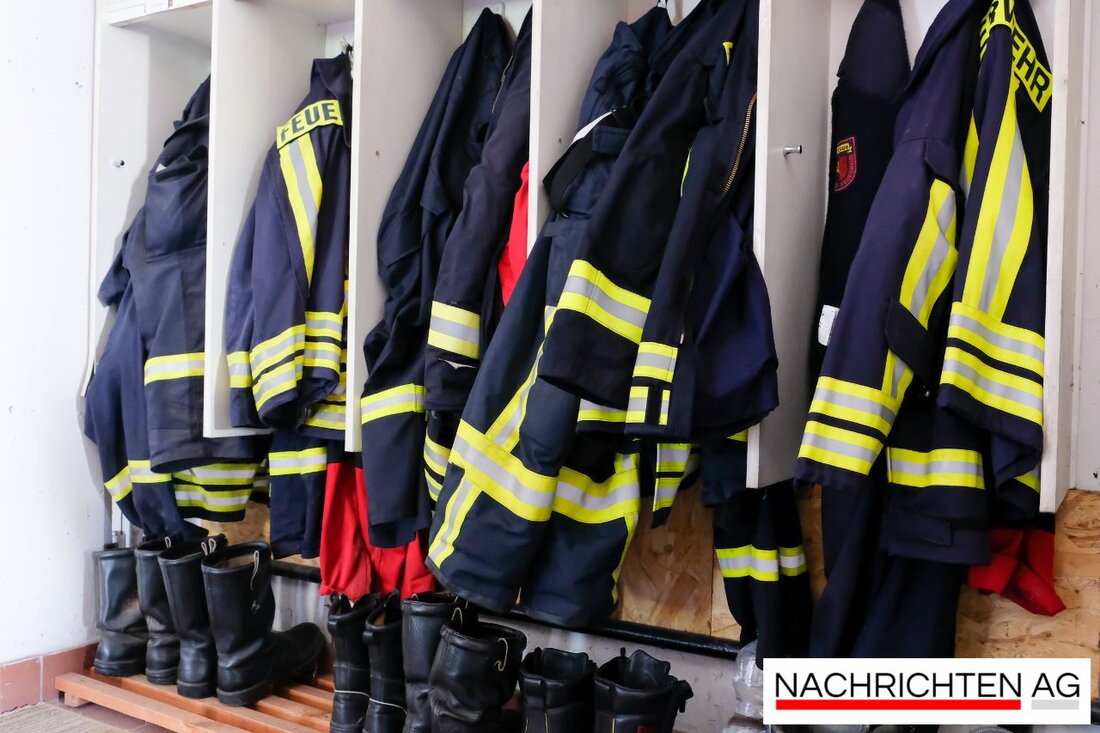Lüneburg: Pilot project accelerates bus traffic through fire brigade technology!
Lüneburg is starting a pilot project for bus acceleration with fire engines in order to optimize public transport by 2026.

Lüneburg: Pilot project accelerates bus traffic through fire brigade technology!
The city and district of Lüneburg are committed to an innovative pilot project to noticeably speed up bus traffic from 2026. The project, which tests the traffic light prioritization technology in cooperation with MOIN GmbH, has been officially announced and is now being implemented. By using the new technology, buses should become more reliable and offer improved punctuality. As the Uelzen press reports, the pilot project is aimed at accelerating more intelligently at traffic lights through digital communication between vehicles and traffic computers.
A particularly interesting aspect of the project is the “all red circuit,” which allows fire engines to pass quickly during operations. This should not only make the fire department's operations easier, but also improve bus transport at the same time. The technical preparation of several traffic lights on the city ring is already in full swing, with the first intersection on Bockelmannstrasse and Reichenbachstrasse being tested. Further test points are the Scharff/Scholze intersection and the Willy-Brandt-Straße/Friedrich-Ebert-Brücke area.
Public transport in the focus of developments
The objective of the project fits into a larger picture: the active control of road traffic should be further advanced until 2030 in order to strengthen local public transport (ÖPNV) compared to motorized individual transport (MIV). There are already a number of measures that are intended to contribute to this. Among other things, municipal mobility passes and systematic parking space management are planned to optimize the use of street space for public transport purposes. These approaches are crucial because transport policy in recent decades has often been in favor of private motor vehicles. This led to high costs for public transport users and an increasing devaluation of public spaces.
A look at the current situation shows that great efforts are necessary to increase the number of users in public transport. In 2023, public transport usage figures were even lower than in 2019. Slowing factors are often congested roads and inadequate punctuality, which prevent many people from switching to buses and trains. Still, there is hope: the Deutschlandticket, introduced in May 2023, is already used by an estimated 13 million people, with another two million who could join by the end of the year, according to the Statista provides.
Successful implementation and future plans
The results of this pilot project will finally be presented in May 2026, at a final review with the Hanseatic city, the fire department and Yunex. The goal is to use the knowledge gained from this for MOIN GmbH's regular operations. This technology should not only remain in place during the test phase, but should also make an important contribution to improving public transport in Lüneburg when integrated into future planning.
Overall, the project is an example of a change in transport policy. The challenges that public transport has to overcome are great, but with intelligent solutions and a clear focus on the user experience a new era of mobility could be ushered in. The positive approaches initiated by the pilot project are promising for setting the course for more sustainable mobility. There is undoubtedly still a lot of work ahead for the city and the district of Lüneburg, but the first step has been taken.

 Suche
Suche
 Mein Konto
Mein Konto